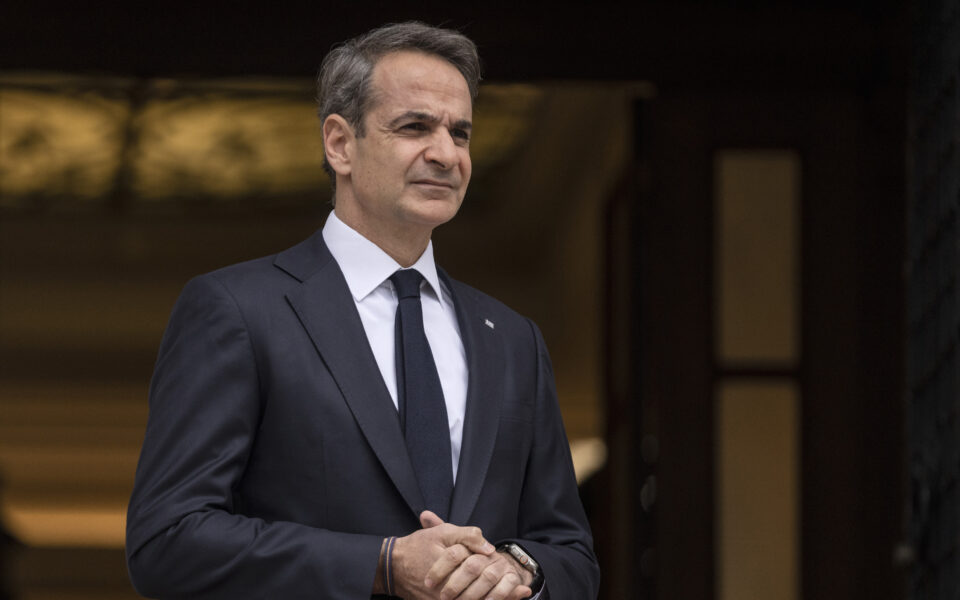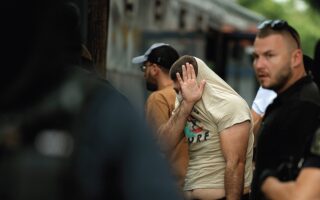The difficult first 50 days

The first 50 days of New Democracy’s second term in power have been difficult for the government and painful for the country.
From the big wildfires on the islands and western Attica and the lack of coordination between the police and firefighting services, to the explosions of bombs and missiles at the ammunition depot of the New Anchialos airbase in Central Greece, to the gradual return of skyrocketing inflation and, more recently, the final straw that was the disgraceful inability of the Greek authorities to prevent the orchestrated criminal acts of Croat hooligans and their Greek collaborators that resulted in the death of one person, serious injuries of many others and a lot of property damages – the outcome is indeed a sad one.
The absence of meaningful political opposition – due to its weak performance in the recent elections – has created a situation where the ruling conservative New Democracy party is competing with itself and the image of a results-oriented governance it projected during the campaign in the spring.
It cannot blame the opposition – SYRIZA or PASOK – for the weak leadership seen in many ministries and the lack of coordination between different services.
In just a few weeks, at the Thessaloniki International Fair, the prime minister will be forced to defend a shaky start to his second term; and that is just a month ahead of the regional and municipal elections and nine months before the European Parliament polls.
The solution obviously does not lie in more handouts, which Prime Minister Kyriakos Mitsotakis and officials of the conservative party denounced when he was in opposition, and neither is the recovery of investment grade a panacea.
The first 100 days of any new government usually prove decisive in promoting radical change and bold reforms. The majority believes that this particular prime minister can make the deep changes that the country needs in health, education and the entire state apparatus. However, the government will not be judged by the announcements it makes, but by the results it delivers.
Long-running problems – such as soccer violence and the provocative violations perpetrated on the beaches of popular islands by various businesses that came to the fore recently – require bold interventions and clashes with powerful interests that are characterized by consistency and continuity.
We can no longer have measures against soccer-related violence which are either not implemented or ignored; the ones announced on Wednesday by Mitsotakis after a meeting with the heads of the four big Greek clubs are moving in the right direction. The same applies to the imposition of severe fines on beach bars which are then either heavily discounted or erased.
The start of the government’s second term was not pleasant. The road will not be easy. If it doesn’t do the hard work right away – something that a significant portion of its voters desperately want – it will fall victim to delays and power decay.
We are at the beginning, but the government’s time to carry out substantial reforms is already running out.





